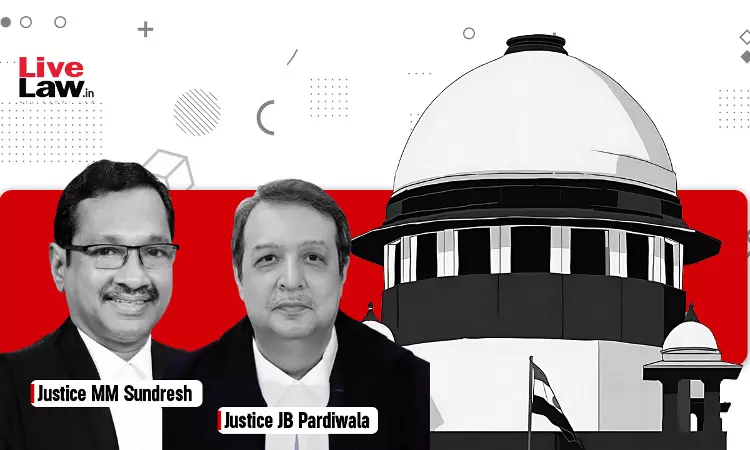The Supreme Court in a judgment delivered on Friday (13.10.2023) held that just because a person is educated and said to be God-fearing, it cannot be said that the person has a positive reputation.“A court of law cannot declare the reputation of a person based upon its own opinion merely because a person is educated and said to be God-fearing, that by itself will not create a...

